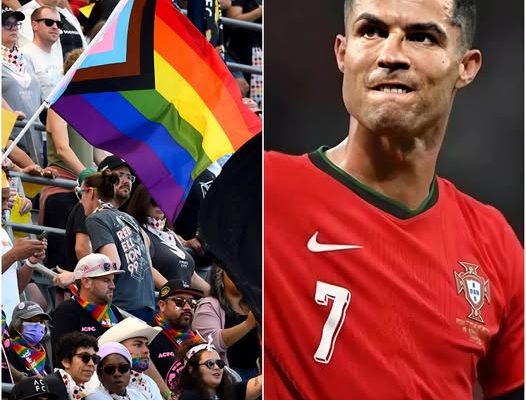In a surprising turn of events, Major League Soccer (MLS) has announced a permanent ban on Pride flags at the 2025 FIFA Club World Cup, which has surprised fans, advocates and organizations that have long supported LGBTQ+ rights. The controversial decision, labeled by critics as a step backwards, is aimed at avoiding what some in the league are calling the “conscience agenda” and could reshape the sport’s cultural landscape.
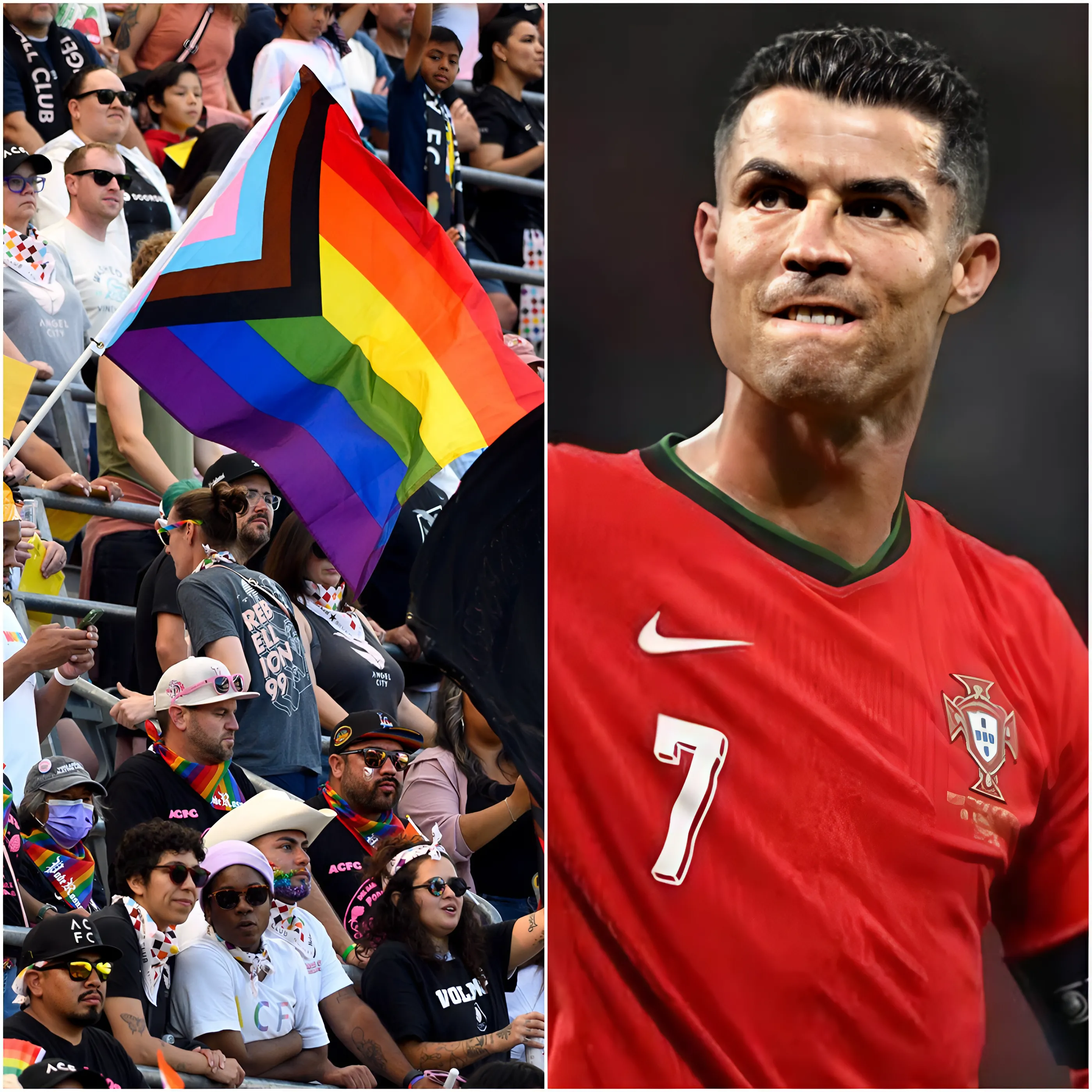
The decision to ban Pride flags has left many fans and human rights organizations in disbelief, considering the growing movement for LGBTQ+ visibility in sports. In a statement released by MLS officials, the league emphasized that it would no longer allow “demonstrations of progressive pride” at the 2025 FIFA Club World Cup, citing the need to maintain a focus on the sporting aspect of the event without introducing political or social messages. The statement also mentioned that such actions could detract from the universal values that football represents.
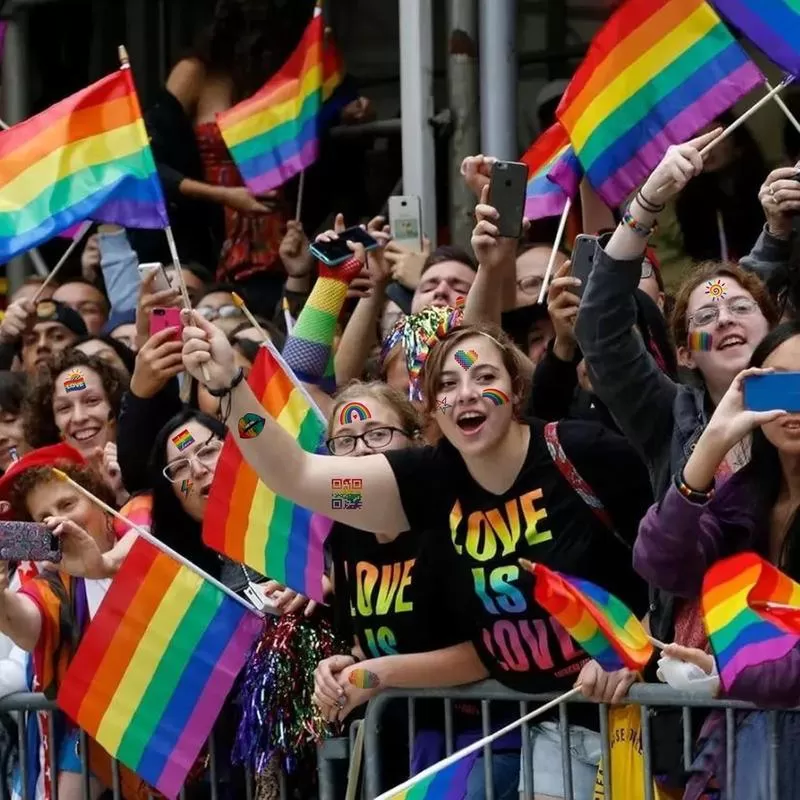
Si bien los líderes de la liga defendieron la prohibición, alegando que era necesaria para la integridad del deporte, los críticos expresaron su indignación y calificaron la medida de discriminatoria y regresiva. Los activistas LGBTQ+ están particularmente preocupados de que esta decisión pueda indicar una tendencia más amplia de eliminación de la comunidad en los eventos deportivos tradicionales.
La noticia ha provocado un amplio debate, y las redes sociales se han visto inundadas de reacciones de los aficionados, tanto a favor como en contra de la prohibición. Muchos seguidores LGBTQ+ están utilizando el hashtag #NoMoreWokePride para expresar su descontento con la prohibición, mientras que otros están pidiendo boicots al torneo o a la MLS en su conjunto.
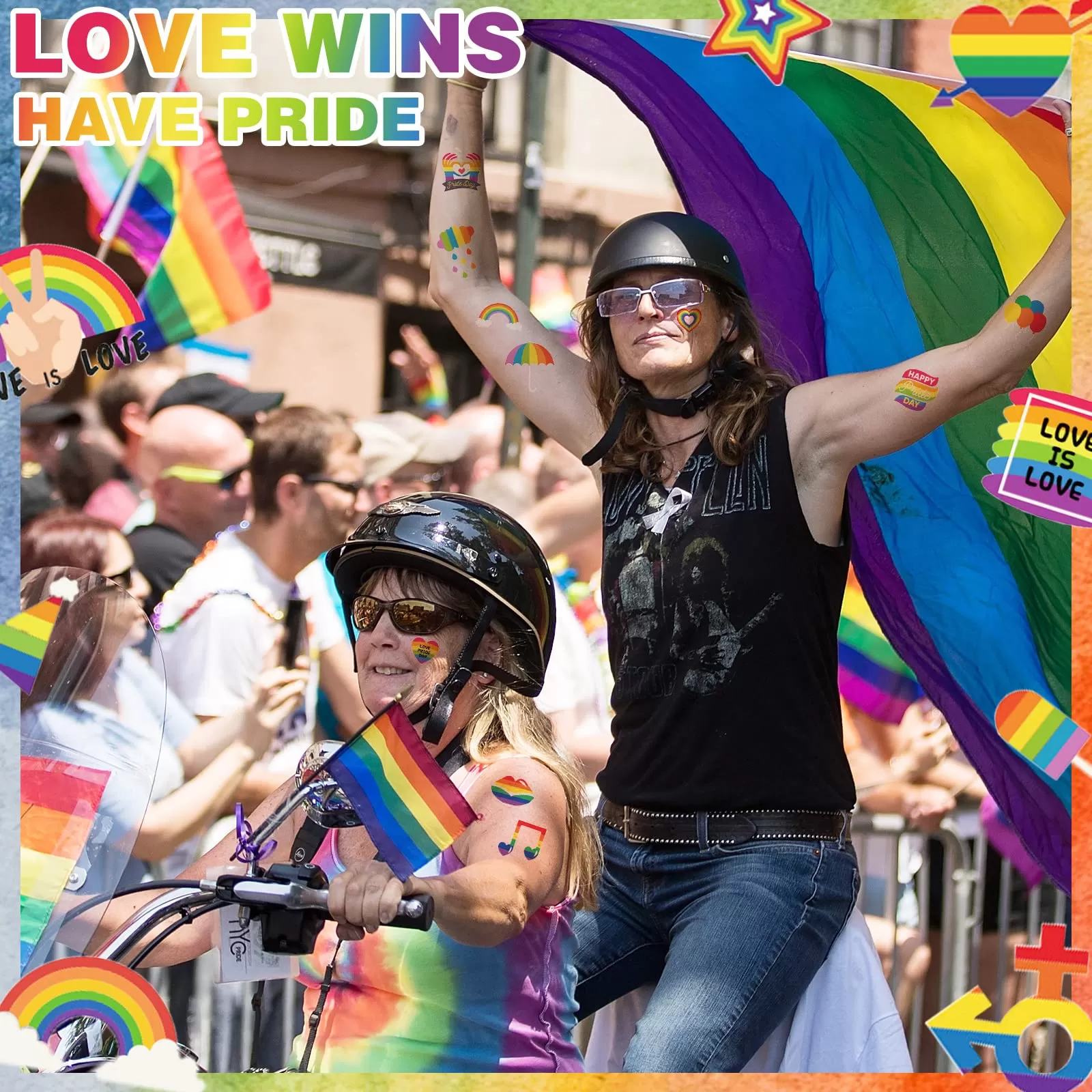
Por otra parte, algunos aficionados sostienen que el deporte debería seguir siendo apolítico y que el énfasis debería ponerse en la competición en sí, en lugar de en los movimientos sociales o las políticas de identidad. Sin embargo, la mayoría de las reacciones negativas provienen de quienes consideran que la decisión es discriminatoria y sorda a la comunidad LGBTQ+, que ha luchado durante mucho tiempo por la representación y la igualdad.
La decisión de la MLS de prohibir las banderas del Orgullo se alinea con una creciente tensión en las industrias del deporte y el entretenimiento sobre el papel de las cuestiones sociales en los eventos principales. Esta medida también se produce en medio de una creciente polarización sobre cuestiones culturales en los EE. UU. y más allá. Los críticos afirman que al silenciar la visibilidad del Orgullo en un evento tan importante, la MLS está contribuyendo a borrar la cultura LGBTQ+, mientras que los partidarios argumentan que es un regreso a centrarse exclusivamente en el deporte.
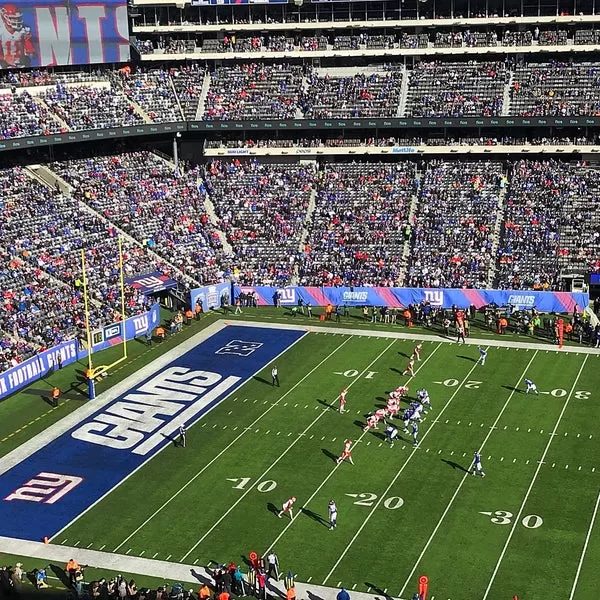
As the 2025 FIFA Club World Cup approaches, all eyes will be on how this policy will play out. Will this move alienate fans who have supported LGBTQ+ rights for years? Or will it serve as a rallying cry for those advocating for a more “neutral” sporting environment? Only time will tell if this decision will stand and what long-term impacts it will have on the relationship between sport and social activism.
Meanwhile, LGBTQ+ advocates are vowing to continue fighting for representation in sports, hoping that other leagues and global sporting events will take a more inclusive stance.
